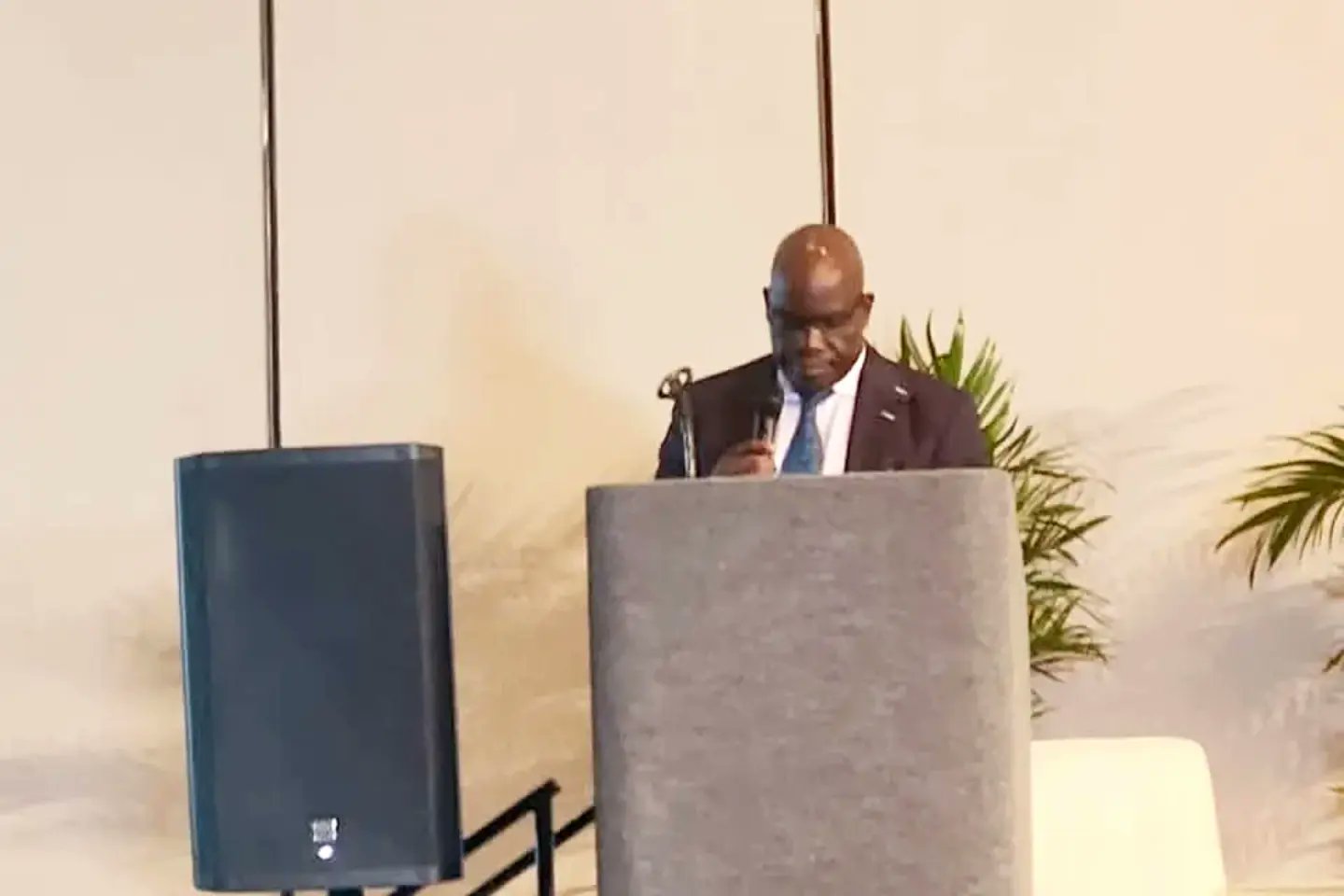Efforts by the Central Bank of Nigeria (CBN) to build a competitive and globally innovative Nigerian payments system resulted in 40.63 percent growth in the total volume of transactions on electronic payment channels between 2017 and 2021, the apex bank has said.
The Governor of the CBN, Godwin Emefiele, disclosed this on Tuesday while delivering the keynote address at 34th Seminar for Finance Correspondents and Business Editors, holding in Calabar.
Emefiele was represented by the Director of Monetary Policy Department, CBN, Hassan Mahmud, who spoke on the theme of this year’s annual seminar: “Implementing a Robust Payment Architecture: Prospects, Opportunities and Challenges.”
The CBN governor noted that while the use of cash and cheques continued to diminish over the period, web-based transactions, such as point of sales (POS), Nigerian Instant Payment (NIP), automated Teller Machines (ATM) and mobile money operation (MMO) have increased substantially.
For instance, he disclosed that the volume of transactions via electronic channels such as ATM, POS, WEB, MMO and NIP increased by 99.76 percent, 1,775.72 percent, 35,502.58 percent, 2,413.44 percent and 836.50 percent, respectively.
He identified some of the key initiatives by the CBN to reposition the Nigerian payments system to include the eNaira, which is the first digital currency in Africa and the second in the world.
The roll out of the eNaira in October 2021, he said, followed the outbreak of the COVID-19 pandemic, which triggered rapid advancements in financial technology and speedy digitisation of money and finance.
The development of the eNaira, the CBN governor explained, was to broaden the payment options available to Nigerians, foster digital financial inclusion, with potential for fast-tracking inter-governmental and social transfers.
Since its unveiling, he said the CBN has continued to modify its features to make it more accessible to a wide range of users.
“Till date, over 1.4million transactions have passed through the eNaira platform,” he said .
Besides, he said the CBN has also embarked on open banking aimed at expanding the volume of customer data warehoused in the financial sector for use in developing innovative products to service the needs of the public.
The opportunities presented by open banking, he said, were diverse, lto enhance financial inclusion and encourage healthy competition in the financial services space as well as promote efficiency.
Another initiative, the CBN chief said, was regulatory sandbox 1to provide the opportunity for innovators to test their ideas and products to regulators in a controlled environment devoid of risks.
Other initiatives include cardless and other contactless payment options, such QR Codes, NFC etc. through which contactless payments, financial transactions could be consummated without physical contact between the payer and acquiring devices.
Also, he said the Bank Verification Number (BVN) has continued to feature in the know-your-customer (KYC) requirements as part of plans by the CBN to ease the constraint associated with poor identification of banking customers.
“With a total enrollment of 57,431,355 as at March 31, 2023, the BVN is supporting the development of credit profiles for banking customers, which will assist in improving access to credit for credit-worthy borrowers by banks,” the CBN governor said.
Highlighting its benefits, Emefiele said the BVN has helped the industry in investigating fraud and other related crimes.
Despite the significant progress recorded, he identified some of the extant challenges the CBN was facing in implementing the initiatives.
Apart from weak social infrastructure, like a stable telecommunication networks and power infrastructure, which impact the stability and resilience of the payments system, he lamented the activities of unlicensed entities.
Some of these entities, he noted, have continued to exploit access to information technology to engage in regulated activities without the appropriate licenses and authorisation.
Again, the activities of fraudsters, he noted, have continue to threaten the resilience of the payment platforms, despite the collaborative efforts between the CBN and other players in the industry to curtail the menace.
To check the challenges posed by cyber threats, he said the CBN established a number of initiatives, including the Nigeria Electronic Fraud Forum (NeFF), consisting all relevant stakeholders, to proactively address challenges and safeguard the integrity of the e-payment channels.
The other checks include Payment Card Industry Data Security Standard, which makes it mandatory for any entity that processes, stores/saves or transmits payment card data, and the Financial Industry Cybersecurity Fusion Centre, which serves as a sectoral Computer Security Incident Response Team (CSIRT) for the Nigerian Financial Services Industry.
Other Initiatives against cybersecurity and fraud, he said, include Cybercrime Act enacted in 2021 to address National Cybersecurity Policy and Strategy; endorsement of the SWIFT Sanction Screening Service & SWIFT Cross-border payments security (ISO20022 Standard) for banks; risk-based Cybersecurity framework for Payment Service Providers (PSPs) and Deposit Money Banks (DMBs); enforcement of Two-factor Authentication(2FA) requirement on all electronic banking products, and enforced installation of Anti-Skimming Device on ATMs.
Emefiele gave the assurance that the CBN would continue to adopt a collaborative approach through policy and operational actions by all stakeholders to achieve minimal cybersecurity threats in the payments system.




